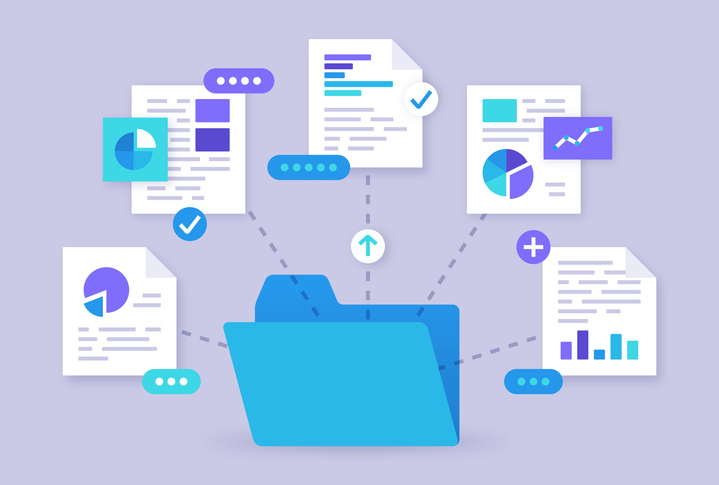There was a time when the most powerful PC in any household would be a parent’s work laptop. Now, though, staff may well have more sophisticated devices at home than they do at work.
Often, when presented with dated, standard-issue corporate laptops, employees ask why they cannot use their own, says HP Enterprise Services fellow Sukhi Gill.
But while it could be cheaper for the company to do so, most refuse the request on security grounds. Besides email, Gill says, companies have been careful to protect corporate systems from infection via an unsecure personal laptop.
Gill believes that virtualisation is the answer. By virtualising the entire desktop or the applications individually, he says, companies can give their employees access to the systems they need, wherever they are and on whatever device they are using.
However, correctly authenticating the user’s identity becomes all the more important when applications can be accessed from anywhere. Gill recommends security tokens and biometric identification systems as ways to lock down a highly virtualised infrastructure.
The ability to support workers’ own machines is particularly valuable for industries that use a large number of contractors, Gill says. “If you have contractors working for you, why do you have to give them their own PC?” he asks.










